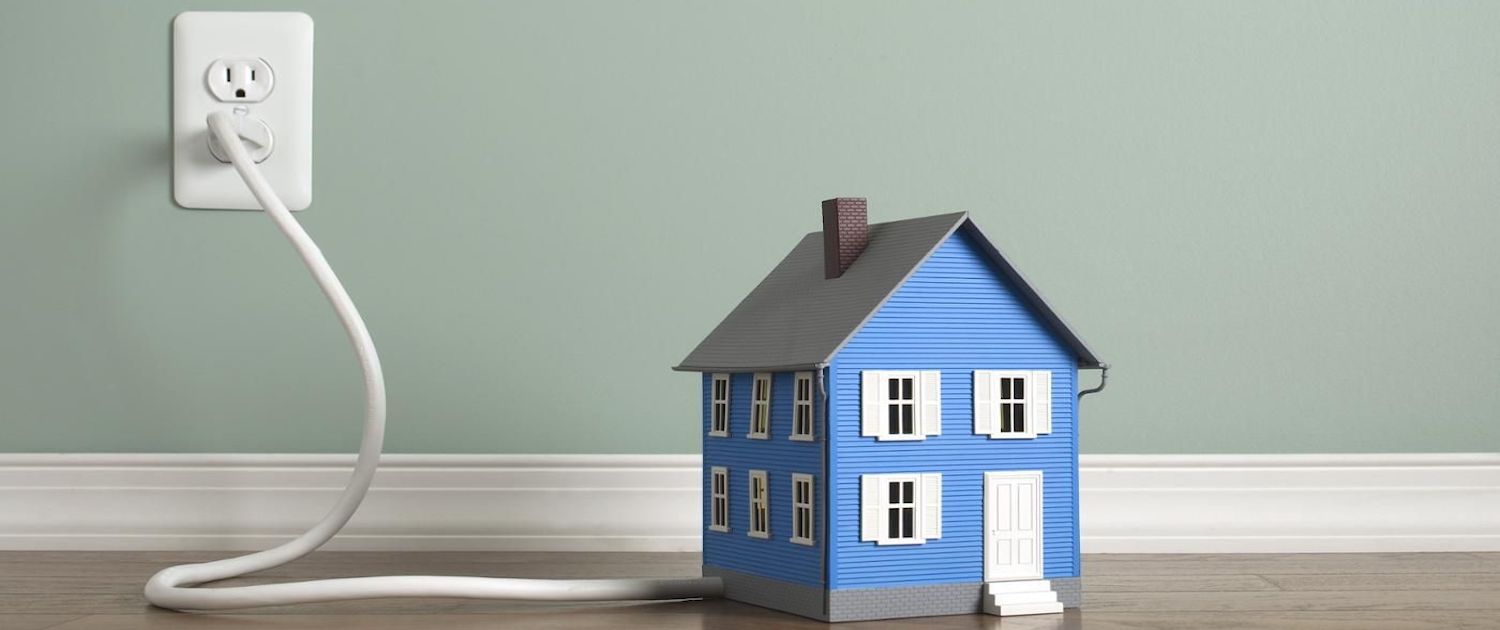5 Reasons Why The Cost To Rewire A House Is High
The cost to rewire a house in Los Angeles varies greatly between $3,000 and $25,000. In the home rewiring price, both the cost of the labor and that of materials used are included and these can vary depending on the age and size of your home.
To put it simply, rewiring a home means removing the old wires in your house and installing new ones, using modern, non-metallic wire, which is encased in plastic. The reason why rewiring a home is crucial for the safety of your home and family is because outdated wiring, especially the knob-and-tube type which was used from the 1880s to the 1940s, as well as aluminum wiring, found in houses built between 1965 and 1972, cannot handle the modern electrical appliances and needs.
Outdated wiring can be a fire hazard. This is not the kind of upgrade you should be putting off in favor of others. In 2017, the U.S. Fire Administration reported that more than 26,000 house fires were caused by electrical problems.
There are a few clear signs that your home needs rewiring. For instance, if you notice that your circuit breakers are tripping frequently, sense a persistent burning smell or see discolored outlets or switches, chances are your home may require new wires immediately. Even if you don’t notice anything else, if your home is older than 25 years or you are interested in making a room addition or a major remodel, replacing the wires in your home may be necessary.
Rewiring a house can be a costly endeavor, but it may very well be a once-in-a-lifetime expense. And it’s such an important investment in your property that you want to do it right. There is a reason – in fact five – why the cost to rewire a house is high.
1. Most Houses Are Old
In older houses, the electrical wiring may be outdated and in need of replacement. However, it can be harder to reach, which is why labor may cost more. To preserve the architectural integrity of old homes, electricians will have to cut small holes in the walls, and then fish out the wires.
Additionally, your old home may also require new outlets and switches cut into the walls, which is why you may end up paying more for the labor involved and the materials used. The bigger your home is, the more these additional costs go up.
In addition, most old homes pose a higher degree of difficulty, such no access to the attic or no clear path underneath the house. Oftentimes, there’s a maze under the house because of the way the foundation was laid.
2. Electrical Panels Need Upgrading Too
If you are looking to have a home wiring system capable of carrying more power, which is actually why most people do a rewiring in the first place, you may need to upgrade the electrical service panel as well. An upgrade of this kind will include service drop, disconnect, panel, wiring, piping, and possibly even a new weather head.
The electrical panel upgrade will obviously add to the cost of the project, and this additional cost depends on the level of your upgrade. If you have a 60-amp panel and are upgrading to 100-amp, it will cost differently than upgrading from a 60 or 100-amp to a 200-amp system.
3. Labor Can Be Extensive
If you need to open and repair the walls during the project, you should expect to pay around $5 to $8 per square foot, double the price of a simple house rewiring. Because some projects may require cutting holes in the walls to run wire, these will have to be repaired afterwards.
This is a much more complicated task than running wires through the basement or attic. Fixing the walls once the wiring part is over and done may represent 10 to 15% of the entire cost of the project. Also, if you need to add electrical circuits to handle new switches or outlets, then that adds to the labor as well.
4. Permits & Inspections
Home rewirings sometimes involve obtaining certain permits and scheduling inspections, both of which come at an additional cost. A permit can be anywhere between $200 and $900. The price depends on local requirements, which may specify that you need to pull a specific permit and even call an inspector to check the work of the electrician. For example, if you have the knob and tube wiring type replaced, a special permit may be necessary to do the work.
5. Knob & Tube Wiring Is Involved
Usually, when a home requires rewiring, the reason is very old wiring, most likely, knob and tube. For this kind of replacement, the cost is usually higher. The Knob & Tube wiring makes it imperative to rewire your home because it lacks ground wire. Therefore, most insurance companies refuse to cover home electrical fires if the house has this type of wiring.






